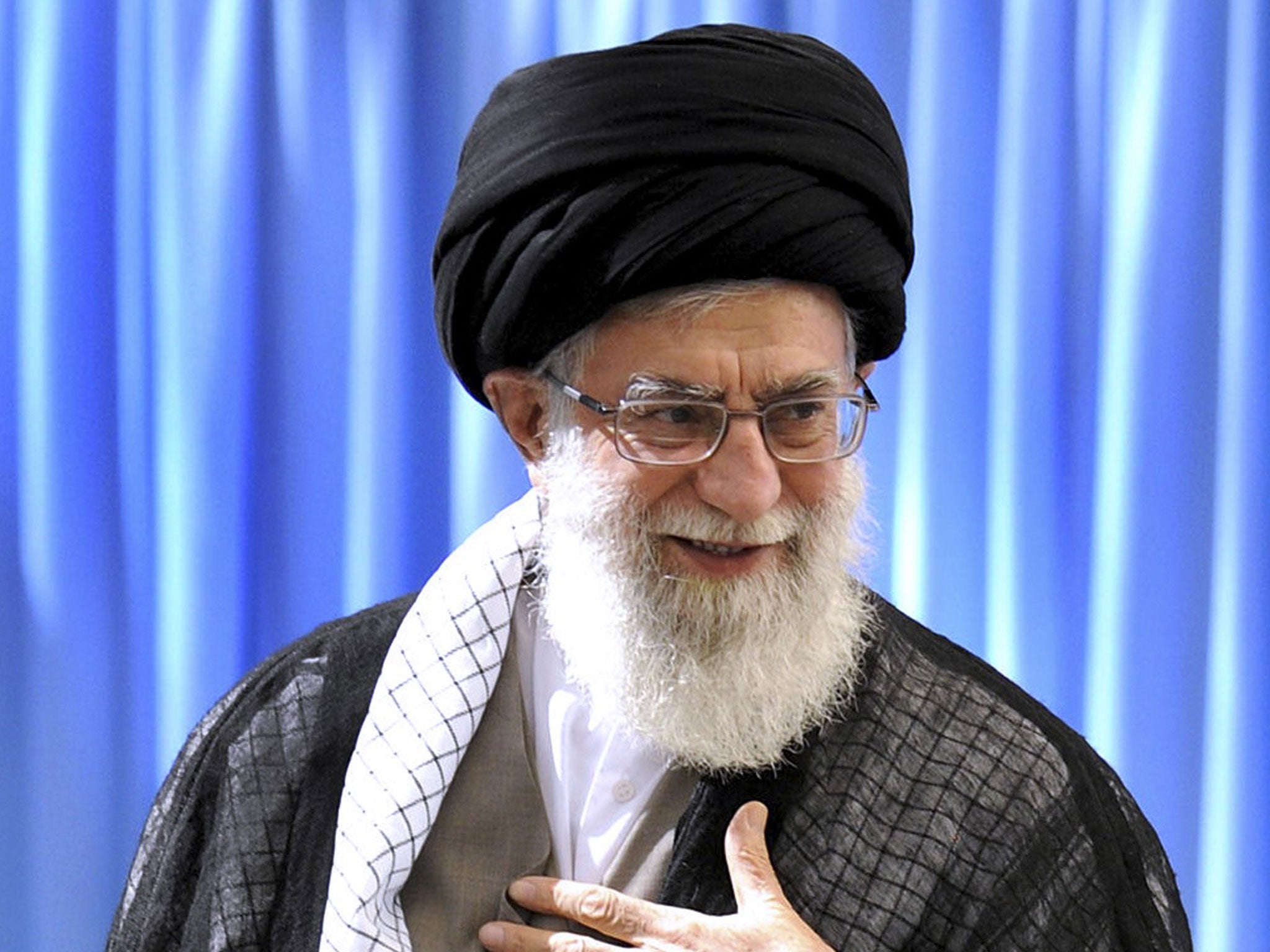Iran to ban permanent contraception after Islamic cleric's edict to increase population
Ayatollah Khamenei said babies counter Western lifestyles' undesirable effects

Iran’s government has voted to ban permanent contraception in efforts to increase the population in line with calls from the Supreme Leader, Ayatollah Ali Khamenei.
The new law, which would ban vasectomies and female sterilisation, was supported by 143 out of 231 members present in Parliament, according to Iran’s official Islamic Republic News Agency (IRNA).
It would also outlaw the advertising of birth control throughout the country, where condoms are widely available and family planning considered normal.
Khamenei issued a decree in May calling for more babies to “strengthen national identity” and counter the “undesirable aspects of Western lifestyles”.
Doctors who violate the ban will be prosecuted, IRNA reported, but did not specify the level of punishment.
The bill will now be considered by the Guardian Council - a panel of theologians and jurists appointed by the Supreme Leader to examine whether legislation complies with Islam.
Its stated aim is to reverse Iran's population decline but reformists see the law as part of a drive by conservatives keep the country’s highly educated female population in traditional roles as wives and mothers.
Health advocates fear an increase in illegal abortions as a result of the legislation.
There were 12,000 illegal terminations between March 2012 and March 2013, according to state media, more than half the total number of legal abortions in the period.
Abortion is only permitted in Iran before the 19th week of pregnancy if the mother’s life is in danger or fatal foetal abnormalities are detected.
Iran’s birth rate peaked in the 1980s, when the government offered incentives to encourage families to have more children during the war with Iraq.
When concerns arose that the rapid population growth could damage the economy and drain resources, the changes were reversed.
Khamenei's edict has performed another U-turn by effectively doing away with the “fewer children, better life” (farzand kamtar, zendegi behtar) motto adopted when contraception was made widely available and subsidised by the state.
At the current rate of 1.6 children per woman, Iran’s population of more than 75 million would fall to 31 million by 2094 and 47 percent of Iranians would be above the age of 60, IRNA reported.
United Nations data predicts that Iran's median age will increase from 28 in 2013 to 40 by 2030.
Additional reporting by Reuters
Subscribe to Independent Premium to bookmark this article
Want to bookmark your favourite articles and stories to read or reference later? Start your Independent Premium subscription today.

Join our commenting forum
Join thought-provoking conversations, follow other Independent readers and see their replies